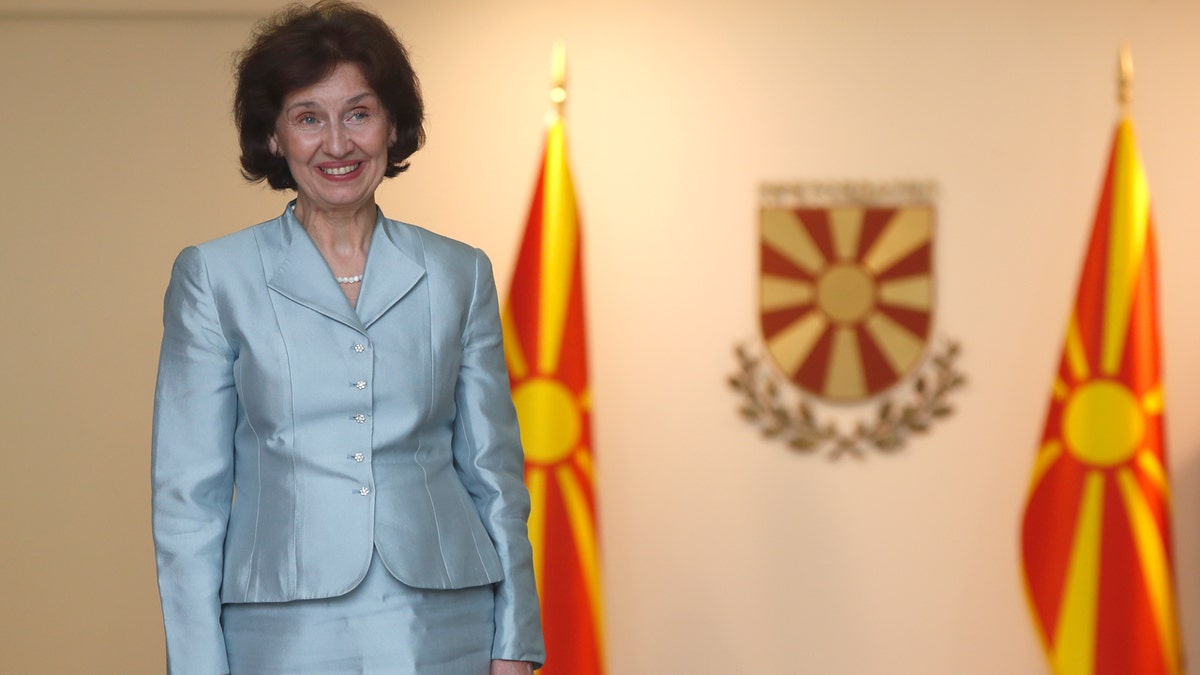Fox News Flash top headlines for May 13
Fox News Flash top headlines are here. Check out what's clicking on Foxnews.com.
European Union candidate North Macedonia sought Monday to calm disputes with EU neighbors Greece and Bulgaria that flared up following the landslide election victory of a conservative-backed coalition and president.
North Macedonia changed its name from Macedonia after a 2018 landmark agreement with Greece that ended a years-long quarrel over the name, which had been claimed by Greece for one of its regions. At a swearing in ceremony Sunday, President Gordana Siljanovska-Davkova referred to her country as "Macedonia," prompting a heated response from Athens.
NORTH MACEDONIA VOTES IN PRESIDENTIAL RUNOFF, PARLIAMENTARY ELECTIONS
Greek Prime Minister Kyriakos Mitsotakis called the remarks "illegal and unacceptable," in an online post Monday, adding: "We declare categorically that we will not accept any further missteps of this nature."

Gordana Siljanovska Davkova, the new President of North Macedonia poses for the cameras at the entrance of the presidential palace in Skopje, North Macedonia, on Sunday, May 12, 2024. Siljanovska Davkova was sworn in as the first female president in North Macedonia on Sunday after her triumph in a presidential runoff earlier this week over the leftist incumbent president. (AP Photo/Boris Grdanoski)
Siljanovska-Davkova’s comments also drew criticism from the European Commission and a warning from Bulgaria that North Macedonia would be held to the terms of international agreements it had signed up to.
The president’s office said Monday that Siljanovska-Davkova would respect the country’s international obligations but added that she retains "the right to use the name Macedonia as a personal right of self-identification."
The geographical region of Macedonia is divided by the national borders of Greece, Bulgaria and North Macedonia. The name dispute delayed the former Yugoslav republic’s long-standing efforts to join the European Union and NATO.
CLICK HERE TO GET THE FOX NEWS APP
The country joined the military alliance in 2020.
North Macedonia’s conservative VMRO-DPMNE won a landslide twin presidential and parliamentary election last week and is set to lead the next government after emerging from years in opposition.

